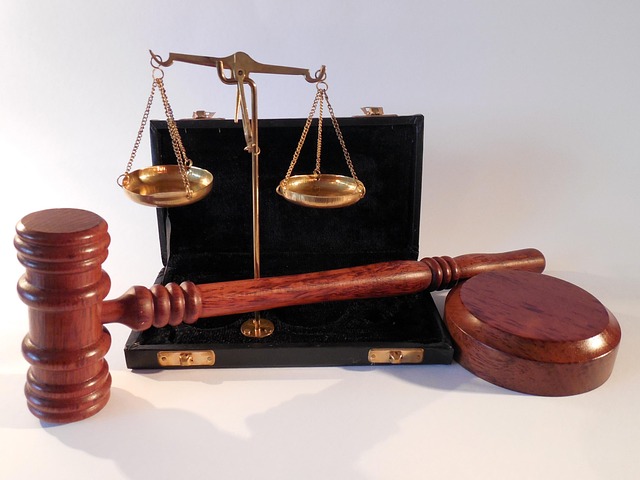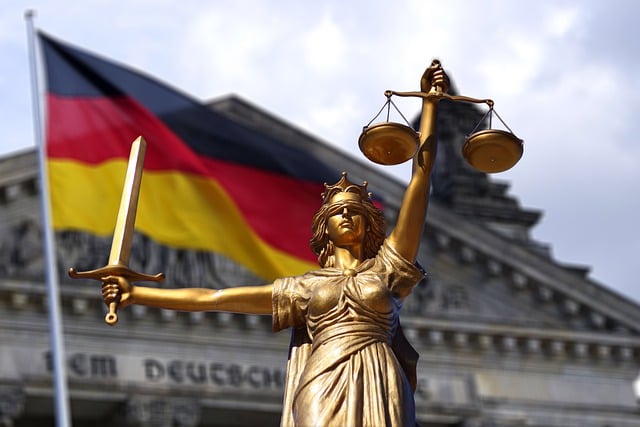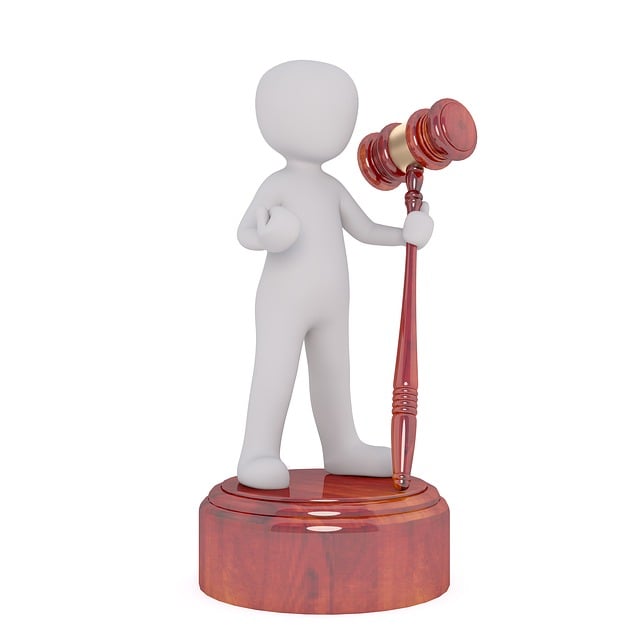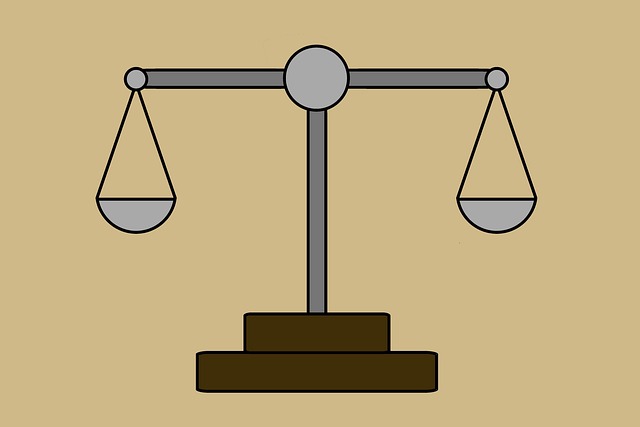Criminal defense disputes arise from misunderstandings and differing legal strategies. Fair trial advocacy ensures the accused's rights are protected through clear communication, realistic goal-setting, strategic planning, trust, and transparency. Legal assistance is vital for navigating complex laws, demystifying the system, and guiding clients through processes. Effective defenses involve thorough evidence investigation, witness preparation, and compelling narratives. Post-trial proceedings offer appeals, plea bargains, and mediation as alternative resolutions.
In the intricate landscape of criminal justice, ensuring a fair trial advocacy is paramount. This article delves into the heart of resolving criminal defense disputes with legal assistance. We explore common issues arising in these complex scenarios and highlight the pivotal role lawyers play in securing a just outcome. From navigating intricate laws to implementing effective communication strategies, this guide covers essential steps for building robust defenses and post-trial proceedings, emphasizing the importance of fair trial advocacy.
- Understanding Criminal Defense Disputes: Common Issues Arising
- The Role of Legal Assistance in Ensuring Fair Trial Advocacy
- Navigating Complex Laws: Uncovering Rights for Accused Individuals
- Strategies for Effective Communication Between Client and Attorney
- Building a Solid Defense: Investigating Evidence and Witness Preparation
- Post-Trial Proceedings: Options for Appeal and Alternative Resolutions
Understanding Criminal Defense Disputes: Common Issues Arising

Criminal defense disputes often arise from misunderstandings or disagreements about legal strategies, communication breakdowns between clients and lawyers, and differing opinions on case outcomes. A key aspect in resolving these conflicts is ensuring a fair trial advocacy where the rights of the accused are protected. Common issues include misaligned expectations regarding the role of counsel, disagreement over plea bargains, and disputes over the admissibility of evidence.
Effective legal assistance plays a pivotal role in navigating these challenges. It involves clear communication, setting realistic goals, and strategic planning to address the specific concerns of the client. By fostering an environment of trust and transparency, criminal defense lawyers can better advocate for their clients, ultimately aiming to secure the best possible outcome while upholding the principles of fair trial advocacy.
The Role of Legal Assistance in Ensuring Fair Trial Advocacy

Legal assistance plays a pivotal role in ensuring fair trial advocacy for criminal defense. It acts as a cornerstone, providing essential support to individuals facing legal repercussions. Skilled legal professionals equipped with in-depth knowledge of the law and court procedures guide clients through complex legal landscapes. They offer crucial advice, helping defend against charges by examining evidence, identifying procedural errors, and crafting robust defenses.
Moreover, legal assistance ensures that accused persons receive effective representation, enabling them to understand their rights and navigate the justice system with confidence. These advocates ensure procedural fairness, challenge unethical practices, and safeguard client privacy. Their expertise is instrumental in securing just outcomes, ensuring that every individual receives a fair trial and due process of law.
Navigating Complex Laws: Uncovering Rights for Accused Individuals

Navigating complex laws is a crucial aspect of ensuring a fair trial for accused individuals. In many jurisdictions, the legal system is intricate and often shrouded in technical language, making it challenging for those without legal expertise to understand their rights fully. This complexity can be overwhelming for anyone facing criminal charges, leaving them vulnerable and uncertain about their next steps.
Legal assistance plays a pivotal role in helping accused persons navigate this labyrinth of laws. Skilled advocates possess the knowledge and experience to unravel intricate legal provisions and interpret them in the context of individual cases. They guide their clients through the processes, ensuring they are aware of all their rights and protections under the law. By understanding these rights, accused individuals can make informed decisions, participate actively in their defense, and ultimately advocate for a fair trial.
Strategies for Effective Communication Between Client and Attorney

Ensuring effective communication between clients and attorneys is paramount in criminal defense cases, as it directly impacts the client’s ability to receive a fair trial advocacy. One key strategy involves establishing clear, consistent channels of communication from the initial consultation. Attorneys should actively listen to their clients’ concerns, clarifying any legal jargon or misconceptions to foster mutual understanding. Regular meetings, phone calls, or email updates can help keep the client informed about case progress and decisions.
Additionally, attorneys should encourage clients to share all relevant information openly. This two-way dialogue allows for strategic planning, as defense teams can tailor their arguments and evidence presentation accordingly. By promoting transparency and active engagement, clients feel more involved in the process, strengthening their trust in their legal representation—an essential element in navigating complex criminal defense disputes successfully.
Building a Solid Defense: Investigating Evidence and Witness Preparation

Building a solid defense is pivotal in ensuring a fair trial advocacy for criminal defendants. The process begins with meticulous investigation and analysis of all available evidence. Defense attorneys should carefully review police reports, lab results, and any physical evidence to identify potential weaknesses or discrepancies that can be exploited during the trial. This thorough examination not only helps in crafting a compelling narrative but also prepares them to counterprove the prosecution’s case.
Witness preparation is another critical aspect. Defense lawyers must engage with witnesses, understanding their perspectives and experiences, to ensure they provide consistent and accurate testimonies. Effective witness preparation includes providing clear instructions on what to expect during the trial, addressing any fears or concerns, and rehearsing their statements. This process enhances the credibility of the defense and strengthens the overall case strategy aimed at securing a fair outcome for the accused.
Post-Trial Proceedings: Options for Appeal and Alternative Resolutions

Post-trial proceedings offer several avenues for criminal defense disputes, with options like appeals and alternative resolutions. A fair trial advocacy group can assist clients in navigating these complex paths, ensuring their rights are protected at every step. Appeals require a thorough review of the case by a higher court, where lawyers present arguments to overturn the original verdict if they believe it was unjust or based on legal errors.
Alternative resolutions include plea bargains and mediation. Plea bargains allow for a negotiated resolution where the defendant accepts guilt for a reduced charge or sentence. Mediation involves bringing both parties together with a neutral third-party mediator to reach a mutually agreeable outcome without going through a full trial. These options can often lead to faster, more efficient justice, while appeals can be lengthy and expensive processes.






